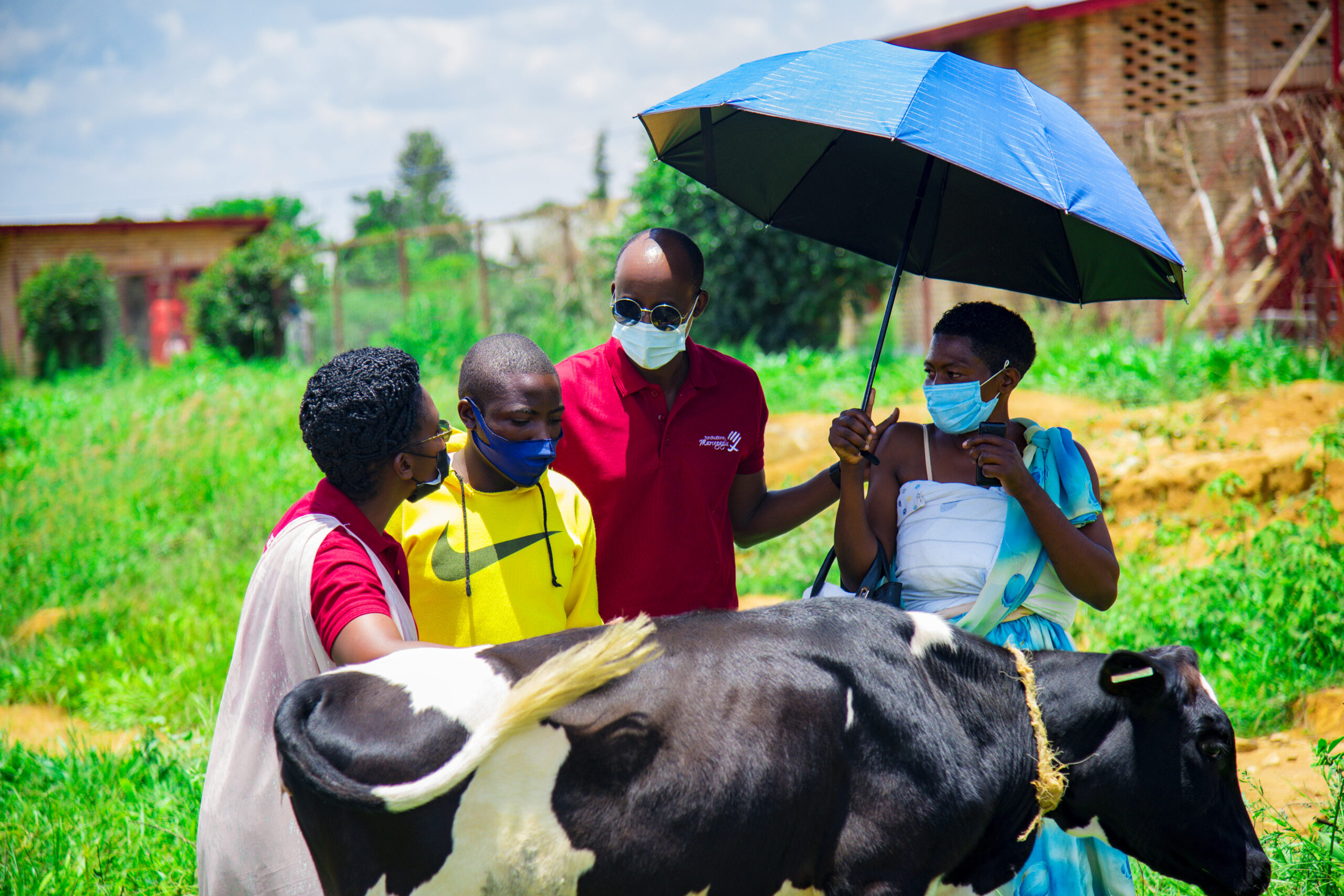The Fondazione Marcegaglia Onlus (FMO) project in Rwanda aimed to distribute cows to poor families as a means of reducing poverty and stunting. This initiative aligned with Rwanda’s Vision 2020 development plan, which sought to provide one cow per family to improve livelihoods.
The FMO project focused on distributing cows and promoting livestock farming in the Bugesera District, specifically in the Rilima, Nyarugenge, and Shyara sectors. By providing these cows to beneficiary families, the project aimed to positively impact their lives and contribute to the country’s efforts to alleviate poverty and malnutrition.
At the heart of FMOs for the Rwanda government to develop agricultural initiative and Girinka program, FMO’s has already distributed over 130,000 cows to poor families, significantly increasing milk production and reducing malnutrition rates. However, challenges remain, such as high mastitis rates, which are being addressed through targeted research and training efforts.
FMO’s livestock distribution program extends beyond cows, with 1,500 small livestock, including goats and pigs, provided to 500 families. This diversification not only enhances families’ income but also promotes sustainable agriculture practices.
In the realm of agriculture intensification, FMO has introduced water pumps, quality seeds, and fertilizers, enabling the preparation of kitchen gardens for each poorest family. Anti-erosion trees and dam-sheets for irrigation have been constructed, bolstering the community’s resilience against climate change and enhancing their agricultural productivity.
Harvest processing machines have been provided, streamlining the post-harvest process and reducing waste. Training on plant grafting and seed breeding has been conducted, fostering local capacity and knowledge transfer. Support for fish breeding projects has also been extended, further diversifying livelihood opportunities.
The impact of FMO’s initiatives is far-reaching, with improvements in household income, nutrition, and educational opportunities. The school feeding program, in particular, has been instrumental in increasing enrolment, reducing absenteeism, and improving academic performance. By addressing nutritional needs and micronutrient deficiencies, the program not only improves the health of school children but also provides local farmers with a reliable and predictable market.
FMO’s work in Rwanda is a testament to the power of sustainable development, rooted in community empowerment and knowledge transfer. As the sun sets over the verdant hills, the promise of a brighter future shines brightly, fueled by the transformative impact of FMO’s initiatives.

